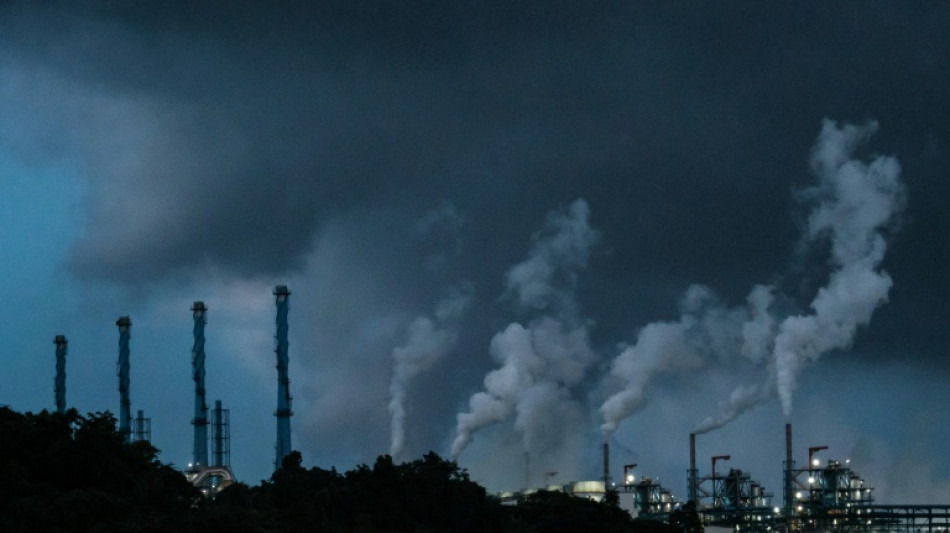
SCS
0.0200


Environmental groups raised concerns Thursday over a $6 billion Indonesian EV battery megaproject backed by Chinese giant CATL which is set to open on a once-pristine island, as Jakarta exploits its huge supply of nickel.
Indonesia is both the world's largest nickel producer and home to the biggest-known reserves, and a 2020 export ban has spurred a domestic industrial boom.
Indonesian President Prabowo Subianto will inaugurate the project -- also backed by China's Zhejiang Huayou Cobalt and Indonesia's state-owned Antam -- in the east of Halmahera in Indonesia's Maluku islands on Sunday.
The complex will encompass a process from nickel mining to production of cathodes, state news agency Antara reported.
But NGOs say Indonesia and the Chinese firms involved have not given assurances about environmental protections at the site, located just kilometres from a huge industrial park where spikes in pollution and deforestation have been reported.
"CATL, Huayou Cobalt, PT Antam... must commit to respecting the rights of local communities and the environment before breaking ground," said Brad Adams, executive director at Climate Rights International, in a statement.
"Communities are repressed, forests are cleared, and pollution goes unaddressed with impunity. This is a chance for the Prabowo government to show that it has learned from those failures."
The presidential office did not immediately respond to an AFP request for comment.
Halmahera hosts the world's largest nickel mine by production Weda Bay, where operations have grown and sparked reports of widespread environmental damage.
Greenpeace Indonesia said the new project carried "great responsibilities" and the environment and locals "must not take a back seat" to powering electric vehicles.
"If the environment and the rights of our most vulnerable people are not prioritised now... we will all pay a high price through worsening biodiversity and climate crises," Arie Rompas, forest campaign team leader at Greenpeace, told AFP.
A CRI report this month warned the Indonesian government was allowing environmental damage to go unchecked around Weda Bay.
An AFP report last month detailed how the home of the nomadic Hongana Manyawa tribe was being eaten away by the mine.
K.Leung--ThChM